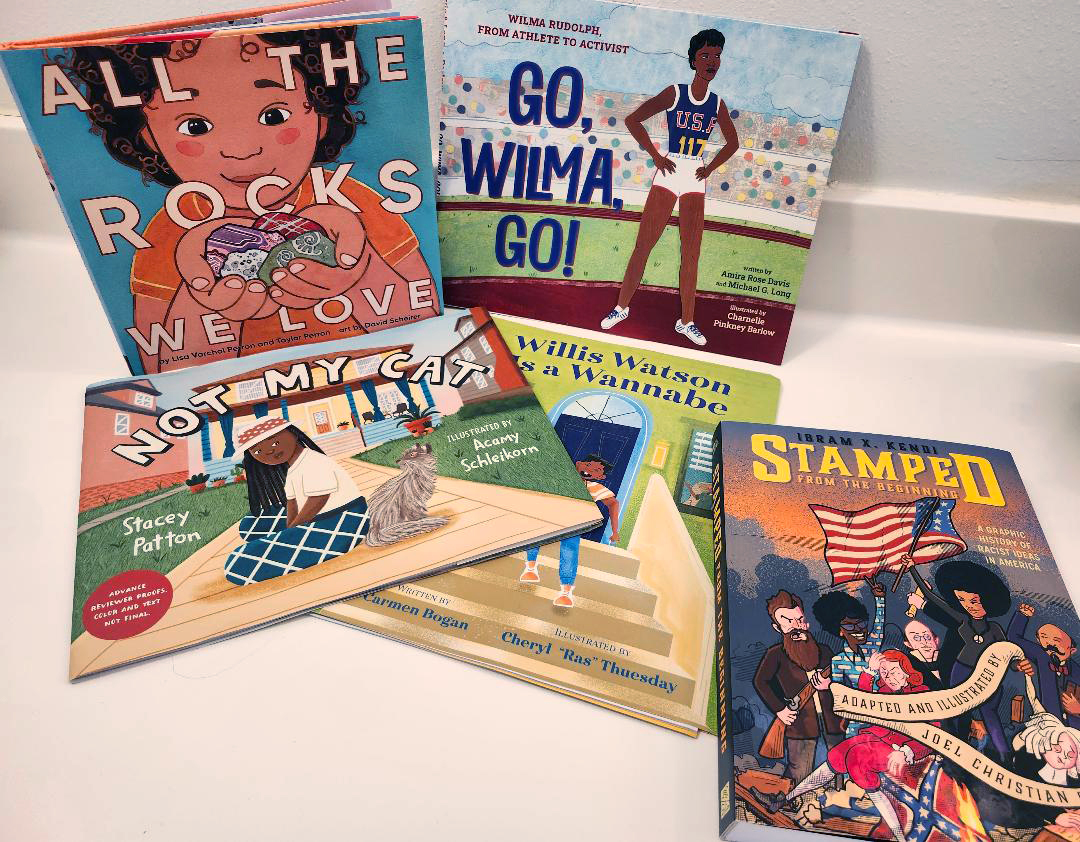Technology is conquering everything – from the creation of a new aristocracy to the birth of Taylor Swift

I sometimes write about the tendency of technology to become imperial, to conquer, to impose itself on the world whether the world wants it or not. As AI becomes more widespread, I have to say, “That’s not all.”
The smart people who write about international trade say that globalization is dead, destroyed by nationalism and protectionism.
Well, you might not get a Big Mac in Russia these days, but I bet they know who Taylor Swift is. Tom Friedman may be a well-read New York Times columnist, but his reach is nothing compared to that of the influencers on TikTok or maybe even Heather Cox Richardson on Substack.
And then there is the money.
The computer age has created a new class of super-rich people that dwarfs the rich of the past, such as the Rockefellers, the Carnegies and the Rothschilds. Names like Bezos, Gates, Zuckerberg and Musk will dominate the age.
The descendants of the major Internet companies will form a new aristocracy that will have so much money that it will be able to influence our lives culturally and politically.
Culture is shaped by them and by what they support. The rich have always supported the arts, but now there will be so much money that it will dwarf what Carnegie, Getty, Guggenheim and their millions have created.
When a multi-billionaire with a lot of money wants to exert political influence, both political parties and individual politicians will adjust their offers to get some of that campaign money. That’s what’s happening now. But it will happen even more often in the future.
One could argue that the political class has already betrayed its supporters. It is not so much about the kind of government a candidate will deliver, but rather how much that worthy candidate has raised for his election.
I suspect we are only just beginning to understand the impact of money in politics and how it may reshape the future.
The people who develop innovative technologies today have little idea of where their inventions will take them. Did the people who founded Uber in San Francisco ever think it would become nationally known, let alone conquer the world and wipe out many taxi fleets? You would have thought that every county or region would have its own ride-sharing company. But no. Uber went global, thanks to controlling computer technology.
One fact of computer-based technology is that it highlights winners and losers early on – and the winners win more than ever before. The losers disappear, as they did after the first phase of technological disruption: the dot-com bubble.
Computer technology favors monopolies, and the monopoly in every market segment wins.
As AI moves into everyday life and will likely dictate the way we live and work in a few decades, the companies that provide these services today – and will control them – will potentially eclipse the existing tech mega-giants. In theory, an AI company can use AI to cement its authority in the field and defeat the competition.
When that happens, a single corporation will have greater wealth and greater social and political power than any contender for world domination has ever had.
The reason early bots are full of bugs and we get hilarious “hallucinations” is because the companies – the big tech companies – are so aware of the risks that they rush their products to market before they’ve perfected them. They calculate that it’s better to get some market penetration with an inferior product than to wait for the perfected one when a competitor has become the bot of choice and technological world conquest is just around the corner. Never let the perfect get in the way of market share.
Consider the evolution of Google. When the company perfected its search engine, it was one of a handful of search engines (remember Jeeves?), but it grabbed market share and the rest is history. Microsoft’s Bing can do everything Google can, but has only a third of the users. Google earned the reputation and was first to the finish line.
Where does Taylor Swift fit into this picture? Is she the best singer to talk about the pains of love? Almost certainly not, but social media loved her.
Technology loved Taylor, and it is the brightest star ever seen in the firmament of technology-influenced culture – the entertainment equivalent of taking over the world. It is the future.



